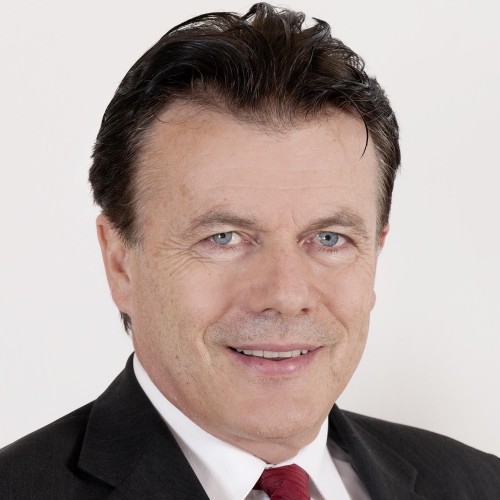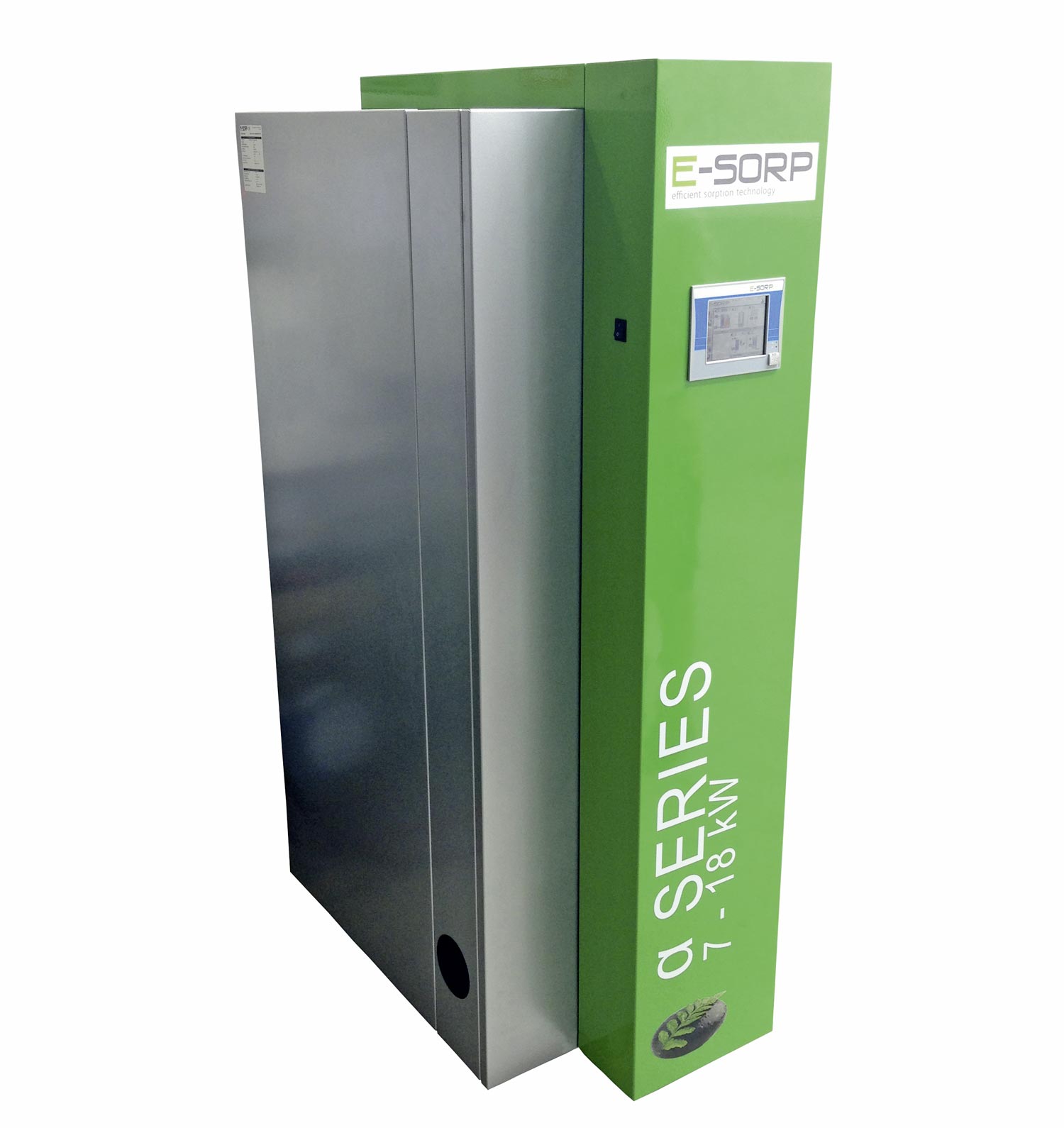A large proportion of the residential buildings in Austria (around 43 %, according to Statistik Austria for 2015) are heated with fossil fuels, more or less equally divided between natural gas and fuel oil. Using conventional, fossil fuels more efficiently and increasing the share of renewable sources of energy are key elements in developing a sustainable energy supply system. One innovative and highly effective technology is the direct-fired absorption heat pump or gas-absorption heat pump. Apart from the energy stored in the fuel, this technology can make use of ambient heat (e.g. from the ground) for heating purposes. With this approach an efficiency 50 to 100 % higher than with condensing-boiler technology (the most up-to-date boiler technology available today) can be achieved.
Pioneering technology development
In collaboration with the Institute of Thermal Engineering at Graz University of Technology and the Tyrolean company E-Sorp GmbH, AIT Austrian Institute of Technology GmbH has carried out a research project aiming at developing a compact, power modulating gas absorption heat pump (up to 18 kW) based on the so-called GAX (Generator/Absorber Heat Exchange) process, which makes full use of the energy content of the fuel to desorb the refrigerant in the generator. The key component here is the GAX generator/absorber; the value of the entire system depends on its performance.
The gas absorption heat pump has to work efficiently both in winter, with temperatures below zero outdoors, and in spring and autumn, with outdoor temperatures typically in the range of 5 to 10 °C. This was the reason for equipping the system with capacity modulation. To start with, various GAX cycle configurations were simulated at Graz University of Technology; the most promising generator concepts were implemented and their characteristics investigated experimentally at AIT. E-Sorp implemented a prototype of a whole GAX absorption heat pump, including a control arrangement, and this was tested at Graz University of Technology with respect to energy efficiency and the stability of the control algorithm.

Andreas Bangheri
CEO Heliotherm Wärmepumpentechnik Ges.m.b.H
Results of the project
Measurements as per the standard in force (EN 12309) showed that, for applications with a low inlet temperature (35°C) or high inlet temperature (55°C) for the heating system, the maximum seasonal efficiency of gas consumption was 167 % or 152 %, respectively. Hence, in the special case of renovated buildings the gas-fired absorption heat pump developed can save more than 30 % of the gas which a condensing boiler would consume; in the case of new buildings or systems which can cope with a low inlet temperature, gas consumption is actually down by more than 40 %. Depending on the extent of modulation, electricity consumption comes to only 3 to 10 % of the thermal energy to be supplied.
The results of the project show that at low ratings (5 to 18 kW) a fully modulating gas-fired absorption heat pump can make a useful contribution to reducing primary energy consumption. This type of heat pump is of special interest for renovated buildings, where infrastructure such as a gas supply line, heating pipes and radiators are already on hand; here this technology has a real future as an alternative to outdated gas boilers.
Share